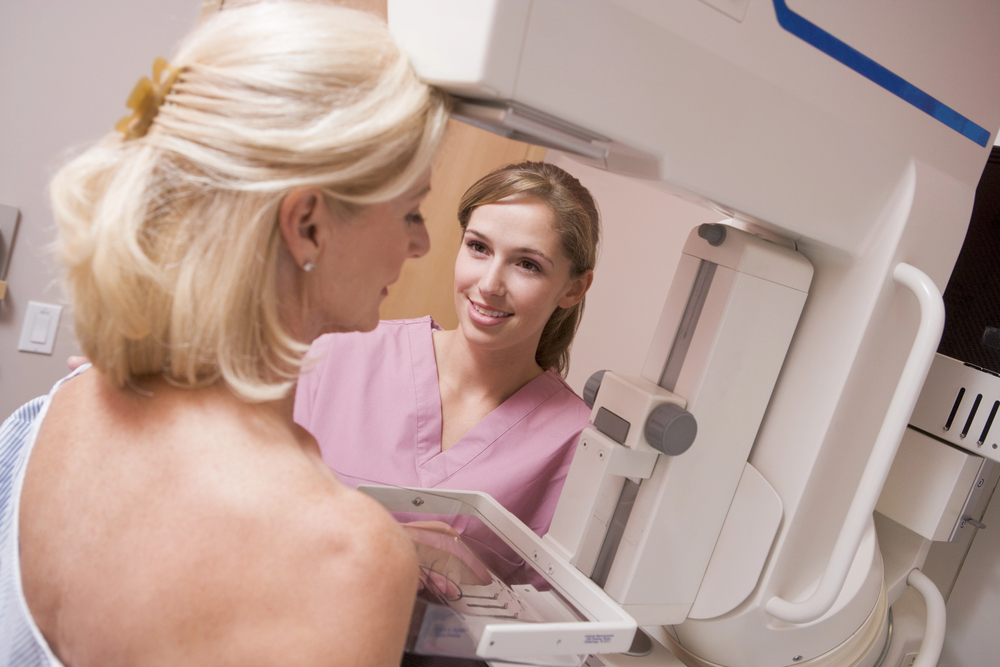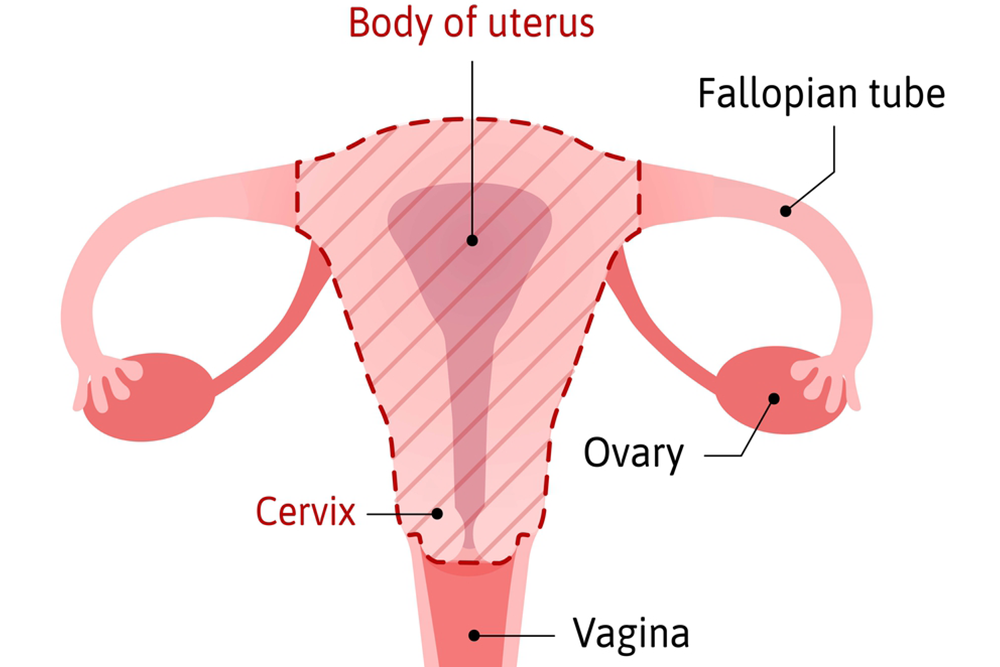
Understanding Your Mammogram Results
Interpreting mammogram results can be an emotional and confusing process for many women. These results...
Read MoreOver 3.8 million women in the United States have received a breast cancer diagnosis. It’s the second-most common type of cancer affecting women, and an estimated 1 in 8 women will have breast cancer in her lifetime.
Advancements in cancer research mean that more women are beating breast cancer than ever before, but early diagnosis is still the key to effective treatment. Getting regular preventive screenings and learning your risk are two ways to take control of your own health.
October is Breast Cancer Awareness Month, and our OB/GYN team at The Women's Center is here to help you stay healthy all year round. We’re proud to offer comprehensive breast cancer screenings and mammograms along with your routine well-woman exams.
This October, take the time to learn more about breast cancer. Understanding your risk factors and getting regular screenings could help save your life.
All women are at risk for breast cancer. While it’s possible for men to get breast cancer as well, it’s much more common in women.
Your risk of breast cancer is influenced by your genetics, medical history, and lifestyle. Getting older is one of the biggest risk factors because age increases your risk of getting several different cancers.
If you have a personal history of breast cancer or you have family members who have had breast cancer, your risk of getting the disease is higher. Having a BRCA1 or BRCA2 genetic mutation may also increase your risk.
Lifestyle factors that increase your risk of breast cancer include:
Having risk factors for breast cancer doesn’t mean getting the disease is inevitable. It does mean that your chance of developing breast cancer is higher than a woman with average risk.
If you have lifestyle risk factors, making healthy changes can lower your risk of developing breast cancer. Getting regular exercise and maintaining a healthy weight are two ways to improve your health and lower your risk.
Because every woman is at risk for breast cancer, getting regular screenings is important regardless of your personal risk level. One of the best ways to recognize early signs of breast cancer is simply becoming familiar with your body.
It’s a good idea to perform breast self-examinations each month. Ask your doctor how you can check for lumps or changes. Make a doctor’s appointment if you have any discomfort or notice changes in the way your breasts look or feel.
Your doctor performs a breast exam at your well-woman appointments, and you may need different types of tests as you get older. Your risk of breast cancer is unique to you, but there are some general guidelines for breast cancer screenings recommended by the American Cancer Society.
Women may want to start getting annual mammograms between ages 40-44. Between ages 45-54, women should have annual mammograms. From age 55 and beyond, women can choose to get annual mammograms or get them every other year.
There’s no way to ensure you won’t get breast cancer. But taking a proactive approach to your health care and educating yourself is the best way to ensure you stay as healthy as possible for years to come.
Have questions about breast cancer? We’re here for you. Call our Hunter’s Creek location at 407-487-2167 or book an appointment online. You can also send a message to The Women’s Center’s team here on our website.




Interpreting mammogram results can be an emotional and confusing process for many women. These results...
Read More
Hysterectomy, a surgical procedure involving the removal of the uterus, is often considered a last...
Read More
Menopause marks a significant transition in a woman's life, bringing about various changes that can...
Read More